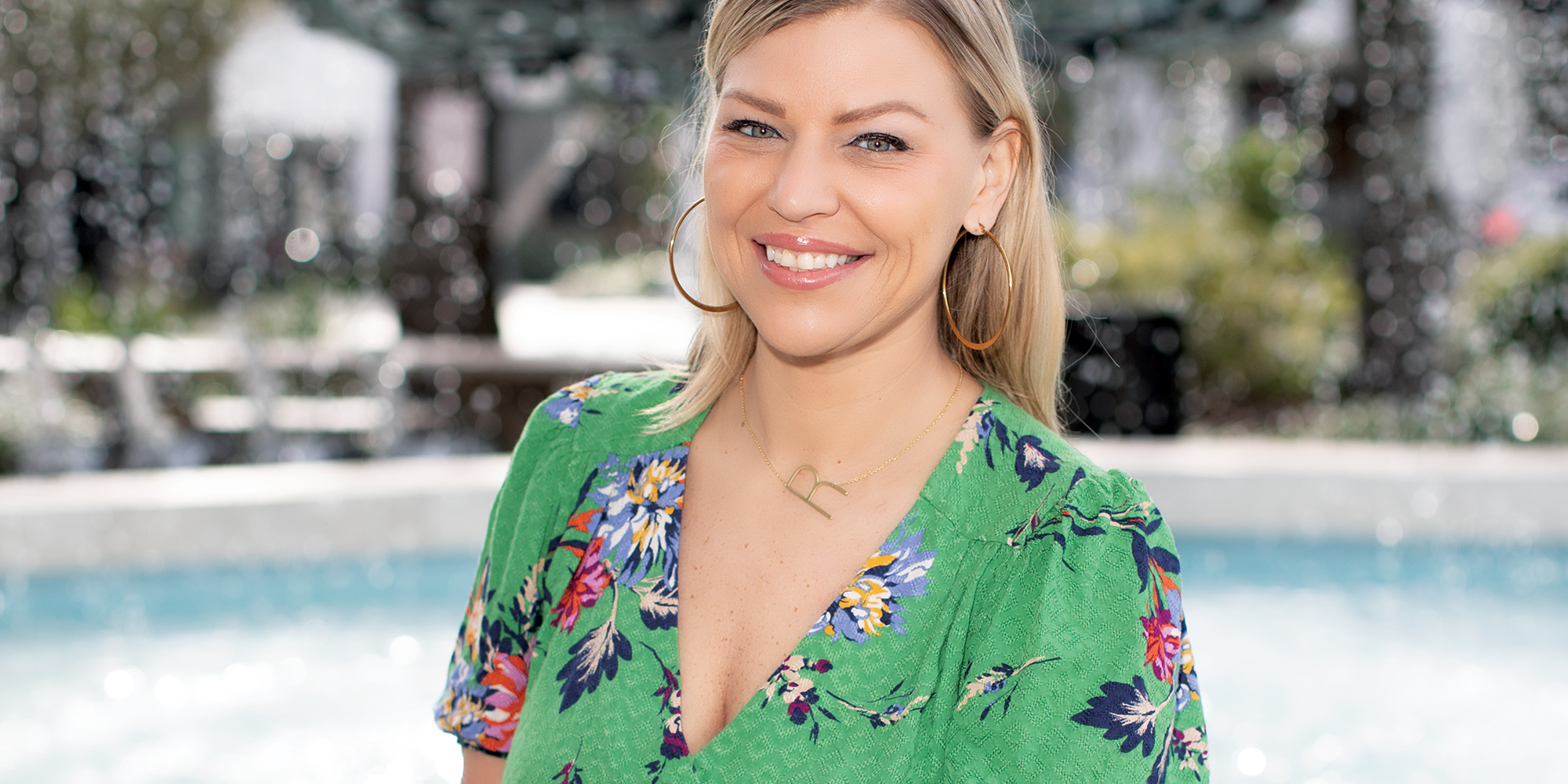Rachel Slowey is one of those people who doesn’t get sick very often. At 37, she’s into Pilates, takes turmeric every day to reduce inflammation, and considers herself to be a very healthy person.
“Minus the fact that I have cancer now,” she says with a wry smile.
This summer, the South Tampa resident found an egg-sized mass in her right breast and was diagnosed with stage III HER2-positive breast cancer that had spread to her lymph nodes, the most aggressive but also most treatable form of the disease. It took Slowey by surprise both because of her age and because she tested negative for breast cancer-related genes.
“It’s so surreal. I never thought this would happen to me,” she says.
Now, she wants to shed light on her experience to help others. First, she learned that you are your own best advocate for your health care. Because women under 40 need a prescription to get a mammogram, Slowey had to call dozens of doctors’ offices before finding one that could get her in quickly for an evaluation.
Then, once she was diagnosed and went in to begin chemotherapy at Moffitt Cancer Center, she wasn’t happy with her first oncologist. She spoke up and was directed to Moffitt’s patient advocates. Slowey was quickly assigned a new oncologist, who is able to tweak her chemotherapy cocktail to address the specific side effects she experiences.
Just before she began treatment, Slowey chose to freeze her eggs. It’s an expensive process, but she was able to have about half of her costs covered by two programs designed to fund fertility procedures for cancer patients. Cost shouldn’t prevent people from experiencing such an important chapter of life, Slowey says. “If [patients] knew that there were programs put together ahead of time, maybe more people would be able to get this done.”
One of Slowey’s greatest discoveries was the DigniCap. Worn during treatment, the cooling cap freezes the scalp, reducing blood flow to the hair follicle so less chemotherapy reaches the area, and hair loss is minimized. The cap only works with certain types of chemotherapy, so Slowey says she’s lucky. “I have my hair. It helps me keep a sense of normalcy when I look in the mirror and around others,” she says. “Mentally, it does a lot for me.”
On top of the intense physical side effects of treatment, much of Slowey’s journey has been a mental one. She wraps up her six rounds of chemotherapy on December 17, and is looking forward to being done in time to enjoy the holidays (and hopefully a playoff run for her Buffalo Bills). “I can’t control what’s going on with my body,” she says. “But I can control the [attitude] that I bring forward. So with that, I can conquer anything.”
To that end, Slowey and some of her close friends are in the early stages of establishing a charitable organization called The Giving Girls. They’re planning their first fundraiser to coincide with Breast Cancer Awareness Month next October, and while they will eventually focus on a variety of causes, Slowey says they will always earmark 5% of their proceeds for Moffitt. While she still has a ways to go on her road to recovery from cancer, Slowey is determined to start making a difference now.
“What am I going to do with this crappy card I was dealt? I am going to go through it like a champ,” she says. “Let’s create positivity, do good, give back to our community, and make sure that we’re educating people.”



